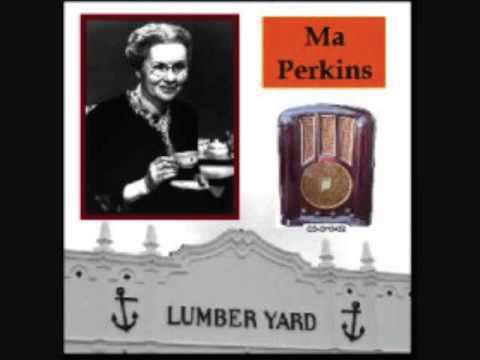
3 minute read
Unit 1: Drama: Performance skills development; the media and careers
Unit 1
Drama: Performance skills development; the media and careers
The focus of this unit is on warm-up and cool-down exercises to prepare the body and voice for performances. You should be familiar with the work covered in Grades 7 and 8. These skills are necessary for any actor to ensure mental and physical focus, to prevent injuries, to relieve tension and anxiety, to prepare for and ultimately deliver good performances.
This unit also explores the soap opera as television genre and how the media uses it as communication channel.
CHALLENGE How do I keep my breathing normal during a performance?
Learning objectives
This lesson must be practised and repeated weekly, especially before a performance. Spend at least 15 minutes per week on this.
After completing this unit, you must be able to:
y explain the purpose of warm-up and cool-down exercises y develop a warm-up and cool-down routine and complete it y regulate your breathing y execute body focus exercises y explain the terms ‘media’ and ‘mass media’ y identify the soap opera as a genre y identify stock characters and their stereotypical traits
Define
Warm-up routine: A set of exercises that safely prepares the body (muscles, joints and brain) for the increased demands of physical activities. Warming up reduces the possibility of injury or may prevent further injury.
Cool-down routine: A period of gradually decreasing moderate physical activity done after vigorous exercise to reduce the possibility of injury. It helps the body (muscles, joints and brain) to slow down, release tension and recharge.
Posture: The position in which someone holds their body when standing or sitting; the position of their arms and legs, and of the body as a whole. The best voice is produced when body posture is erect yet relaxed. Throughout breathing and voice exercises, the spine should be straight, the head facing forward and the crown of the head parallel to the ceiling. This posture supports the body’s respiratory system so it can function smoothly.
Breath control: Proper and effective use of the lungs and diaphragm muscle to allow maximum oxygen uptake. Control over how much oxygen you take in and use while talking by inhaling, holding your breath and exhaling correctly. Good breathing habits are the base of a good voice. Stay relaxed throughout breathing and speaking, try to reduce tension in the neck, shoulders, jaw, back and stomach.
Body focus: Being aware of your body and learning to engage your entire body through various exercises. Understanding how the various parts of the body work together, as well as what the human body is capable of.
Relaxation: The state of being free from tension, stress and anxiety. In a drama context, relaxation refers to a state of being where one is aware of and in control of the body, the breathing and the voice.
Media: Various means of communication, including radio, television, magazines, newspapers and the internet.
Mass media: Any of the means of communication, such as television or newspapers, meant to reach as many people as possible.
Soap opera: A television or radio drama serial dealing with the daily events in the lives of various characters, often depicted in a sentimental, melodramatic way.
Teleserial: A television drama series with a continuing plotline broadcast in episodes.
Melodrama: A melodrama is a story or play in which there are many exciting or sad events and in which people’s emotions are very exaggerated.
Stereotypical character: A flat character with generalised traits. The character is typical of a specific group and isn’t necessarily an individual in their own right.
Stock character: A stereotyped character easily recognised by readers or audiences from recurrent appearances in literary or folk tradition, usually in aspecificgenresuchascomedyorfairytale.Commonexamplesincludethe absent-minded professor, the damsel in distress, the old miser, the wicked stepmother or the jealous husband.





